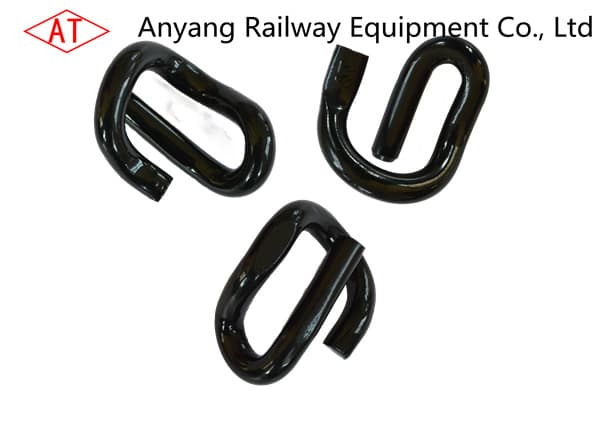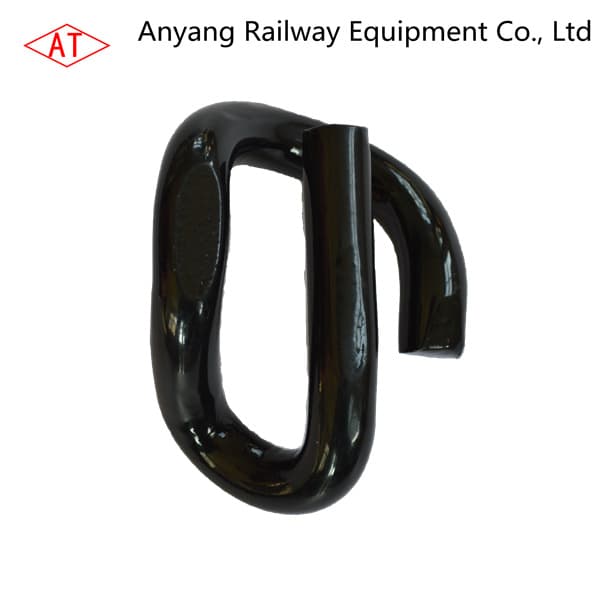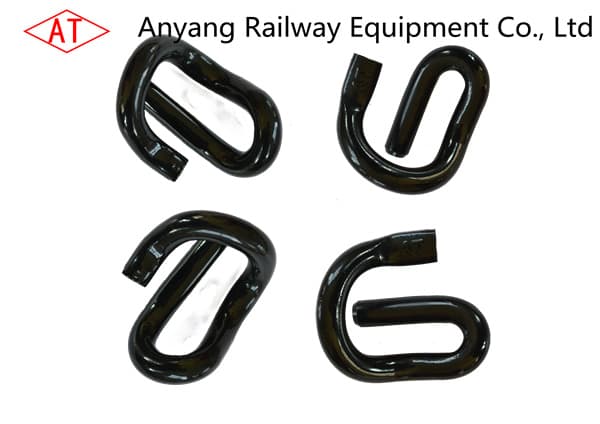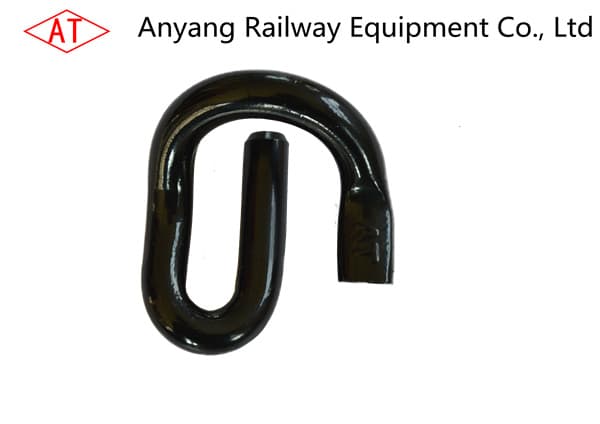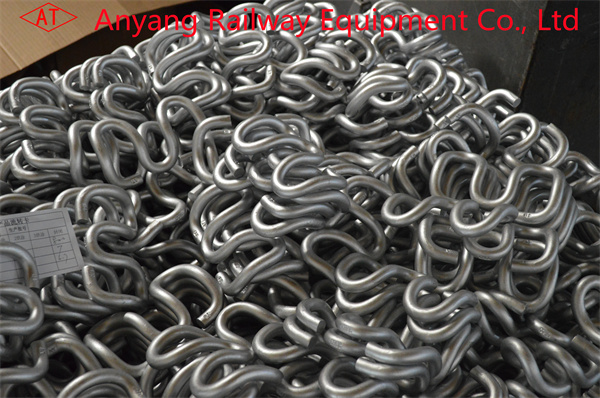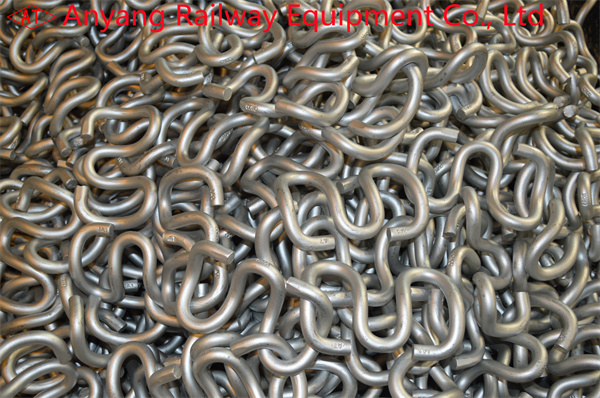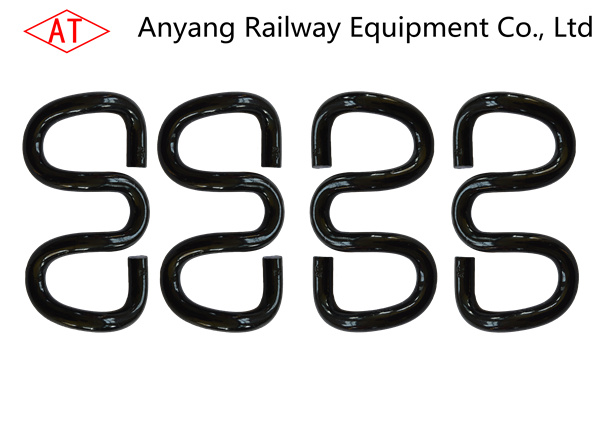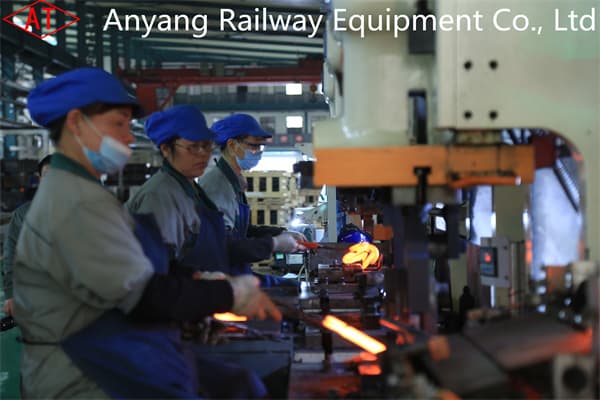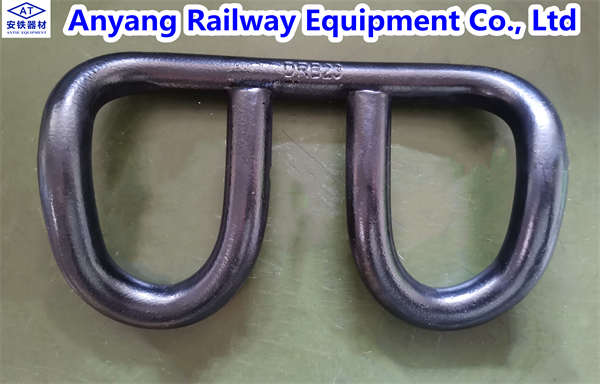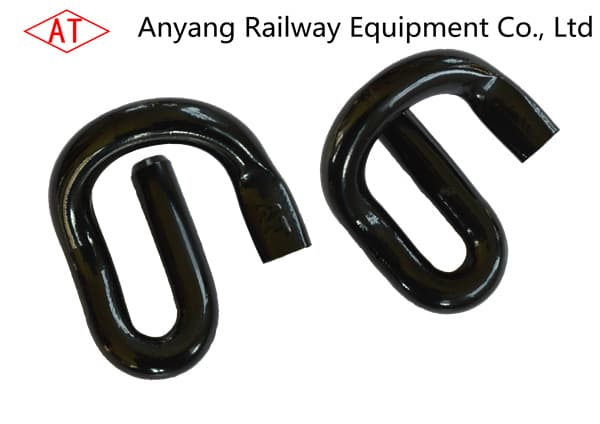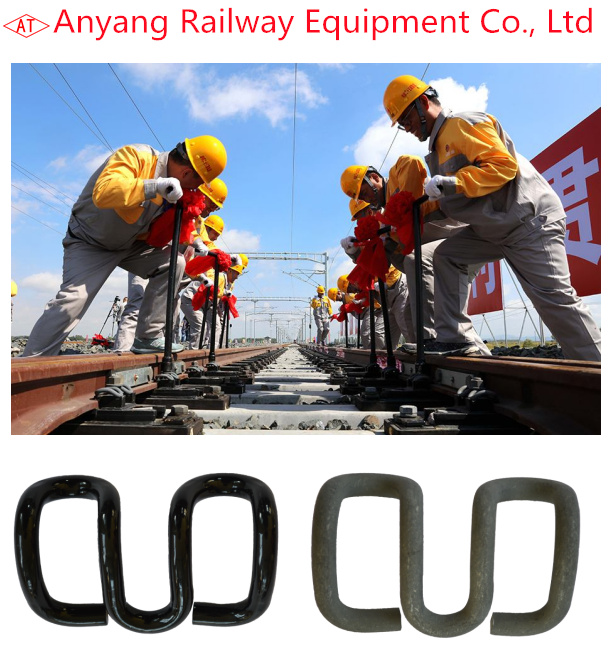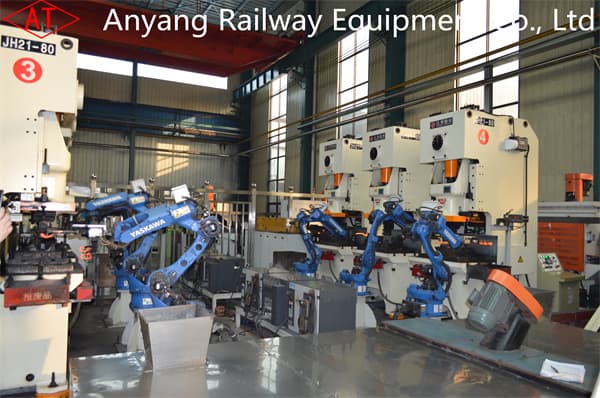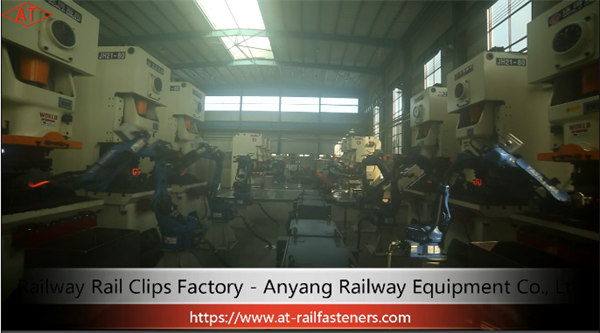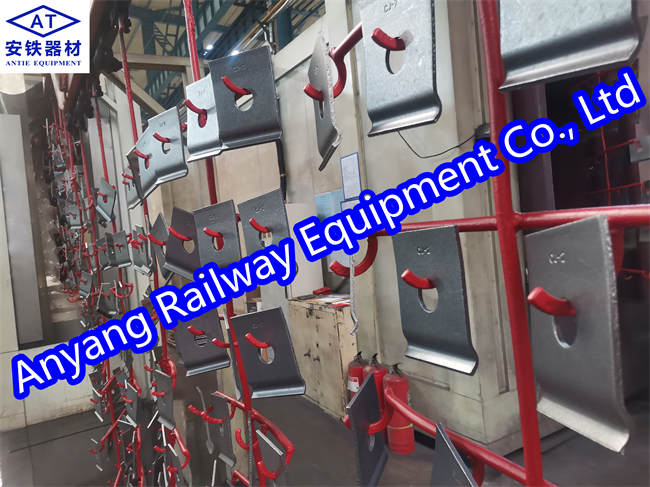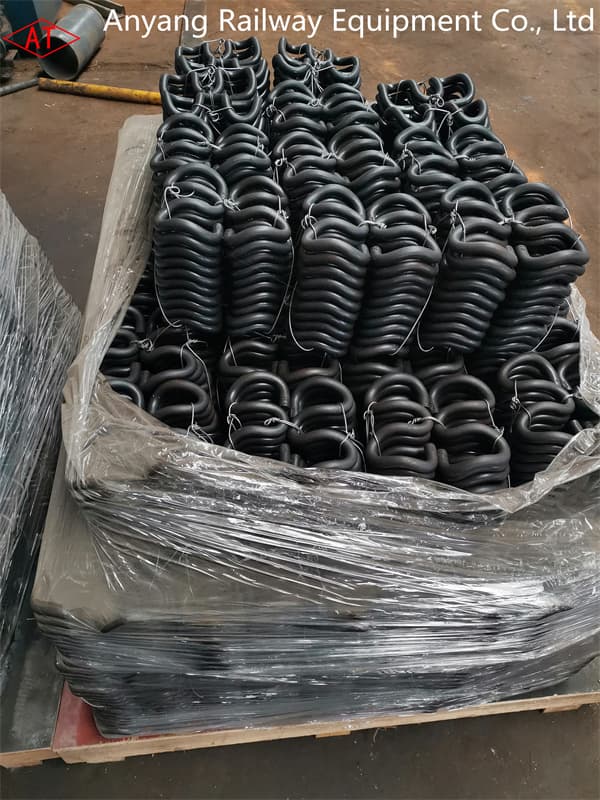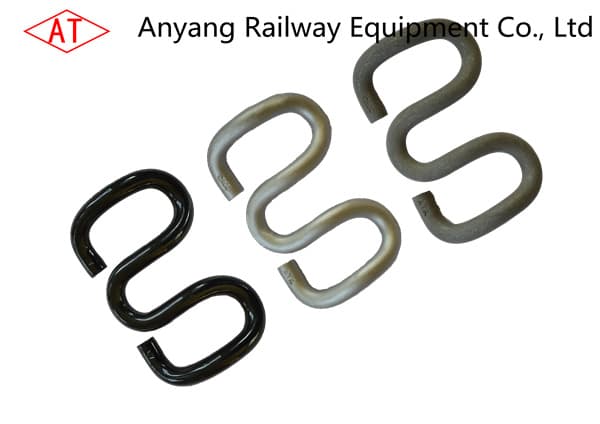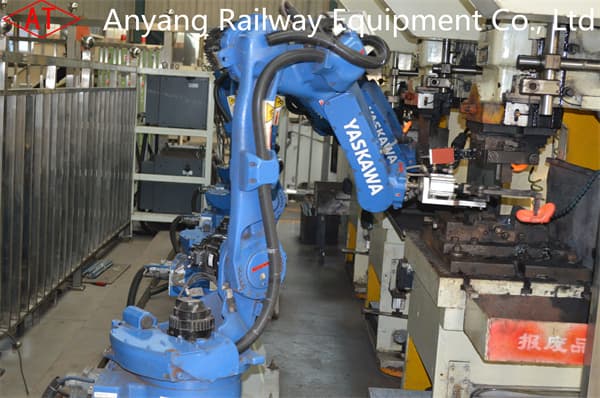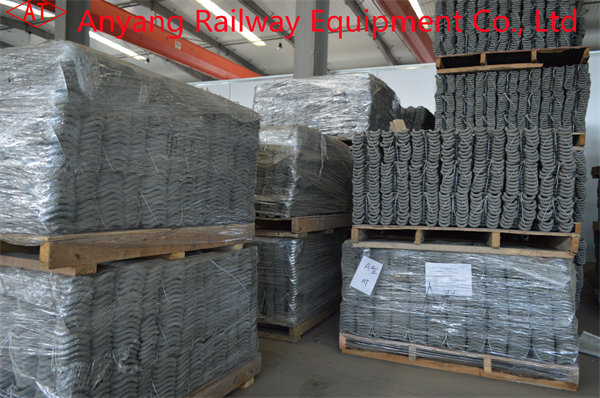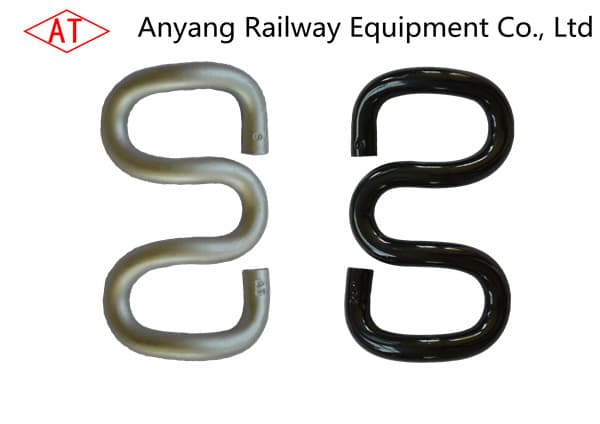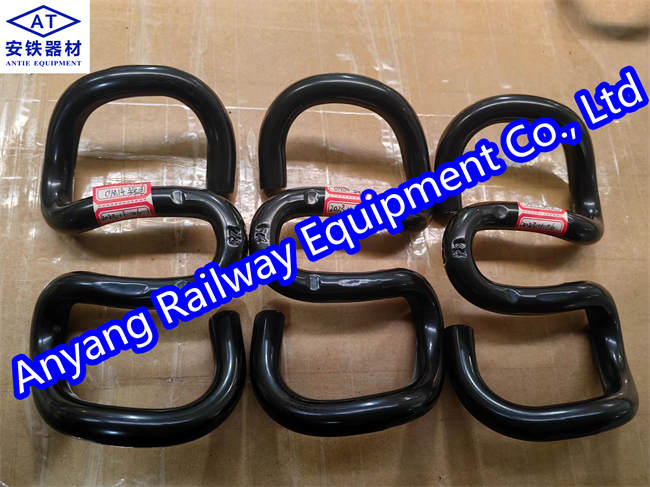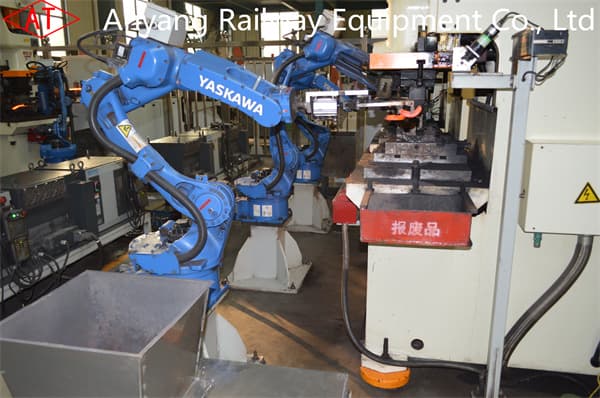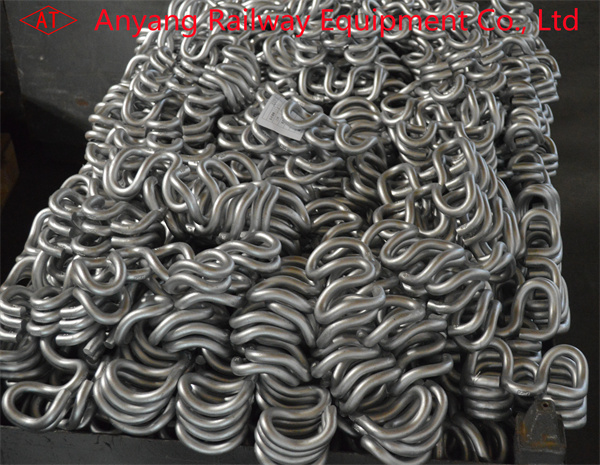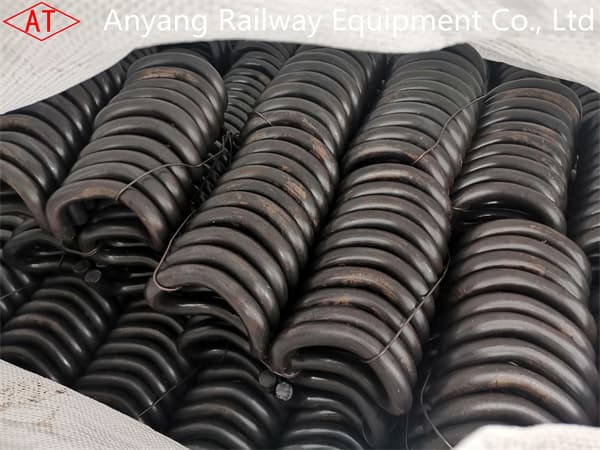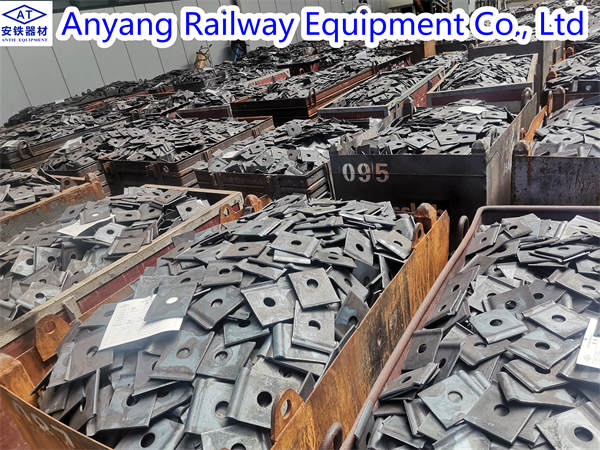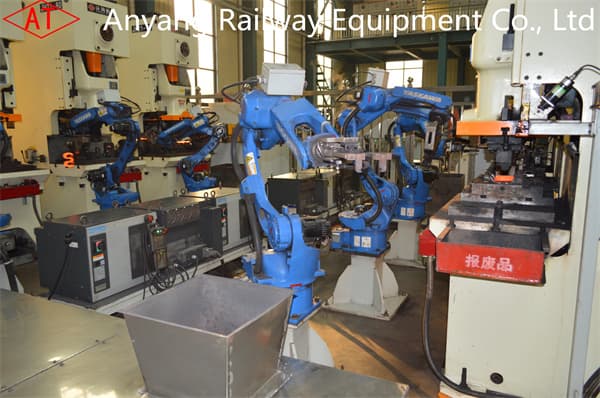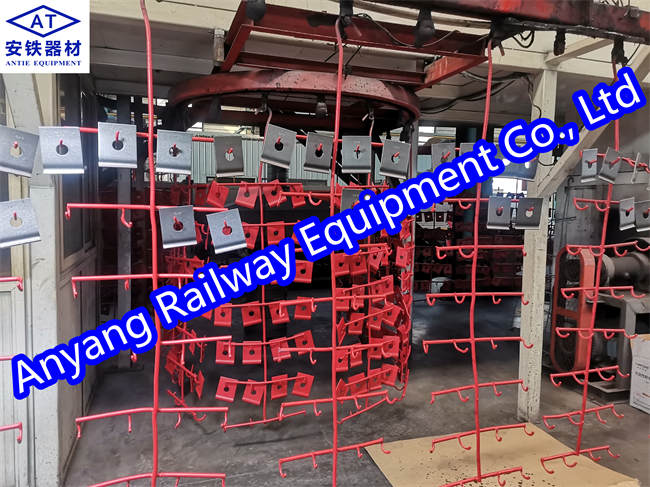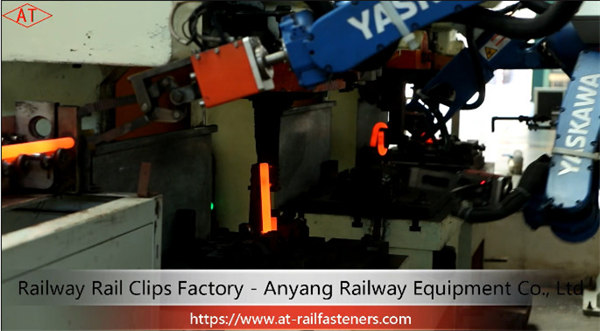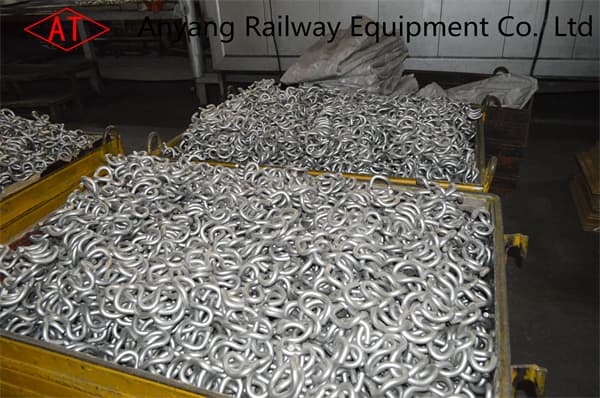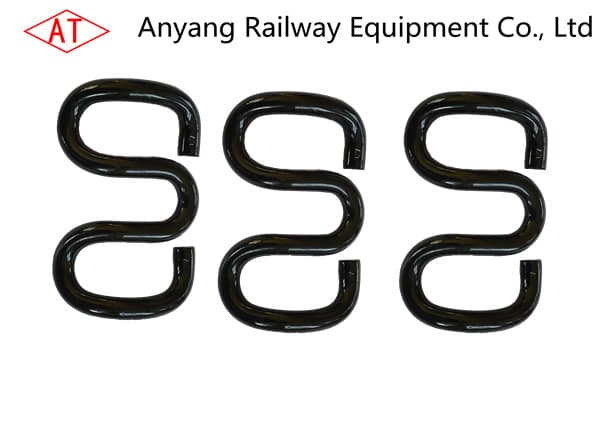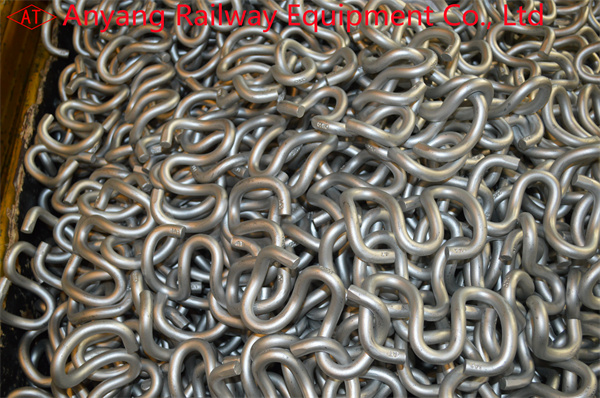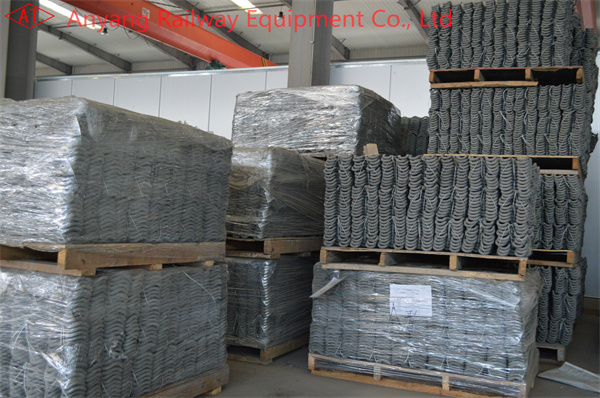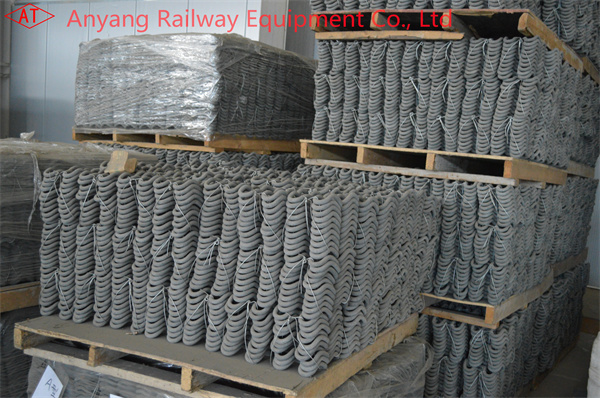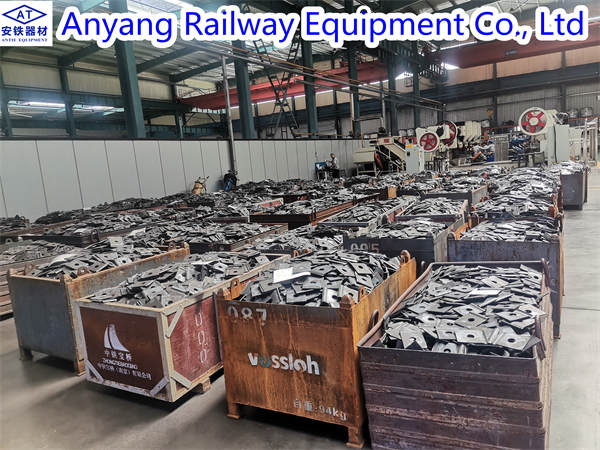Railway rail fastening systems are the basic components for fixing rails. The key part of the rail fasteners is the spring clips in the fasteners. The elastic clip has a certain buckle force, and different lines have different requirements for the buckle force. For ordinary above-ground or underground lines, the rails can be shrunk along with the foundation in daily operations. However, when used on viaducts, piers and beam-type structures are basically adopted for viaducts. When the fastening force of the fasteners is large, when the rails expand and contract, they will drive the bridge and generate tensile stress on the piers. This stress on the piers is very unfavorable. The longitudinal additional force generated by the beam-rail interaction of the CWR is an important load of the CWR on the bridge. Excessive beam-rail interaction can cause problems such as line instability and rail breakage, which seriously affects driving safety.
With the rapid development of “suburban subways”, the number of elevated lines is increasing, and most of them are elevated lines in the middle of urban roads. The entire line needs to reduce longitudinal resistance.
The use of single-resilient elastic clips instead of W-shaped elastic clips can reduce maintenance or maintenance-free, without the need to tighten bolts regularly.

